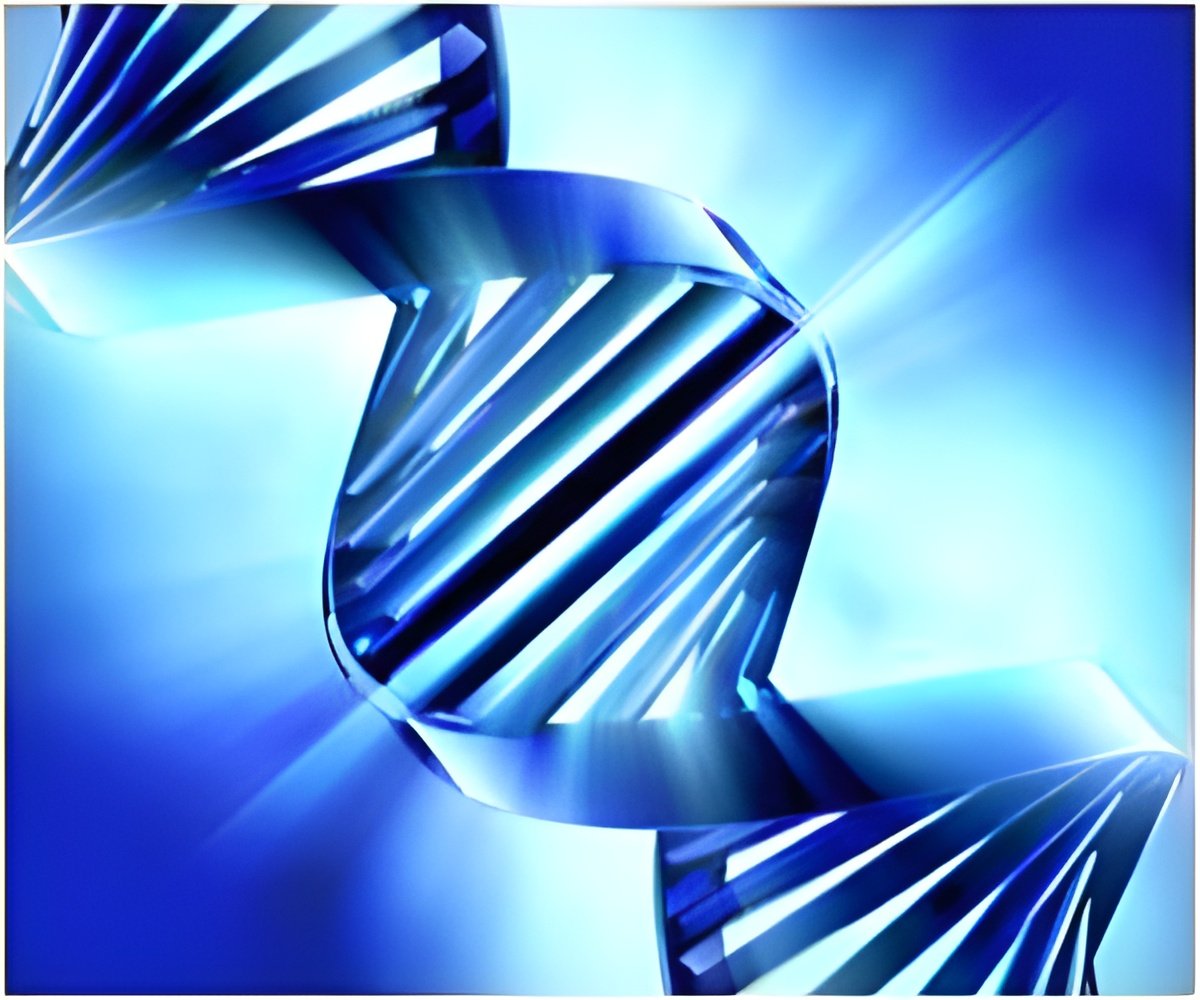The most prevalent congenital defect in humans, known as bicuspid aortic valve, is attributed to mutations in the MINDBOMB1 gene (MIB1).

Novel Association of the NOTCH Pathway Regulator MIB1 Gene With the Development of Bicuspid Aortic Valve
Go to source). Dr. de la Pompa hopes that these discoveries will have a significant impact, helping in the future design of pharmacological treatments as an alternative to valve replacement surgery. “This is an especially exciting prospect because bicuspid aortic valve is the most frequent congentital defect. I addition to helping patients, alternatives to surgery could reduce the cost burden on health care systems,” said Dr. de la Pompa.
‘The correlation between MIB1 and bicuspid aortic valve underscores the significant involvement of the NOTCH signaling pathway in this congenital anomaly. #heartdisease’





For the study, the CNIC team partnered with, among other centers, Hadassah and Sheba Hospitals in Israel, Georges Pompidou European Hospital and the University of Paris in France, the University of Antwerp in Belgium, (Bélgica), Radboud University Medical Center in The Netherlands, Harvard University Medical School in the USA, and the Karolinska Institute in Sweden.
Genetics of Congenital Heart Diseases
The study combined genome sequencing, the sequencing of candidate genes in a familial cohort, analysis of the association of rare variants in additional cohorts, and further analysis of the association of common variants in a third, large cohort, explained Idit Tessler of Sheba Hospital, a co-leader on the study. The analysis of mutations in patients from different populations strengthens the validity of the study.To analyze the specific mechanisms through which MIB1 ensures correct heart development, Dr. Rebeca Piñeiro-Sabarís from the team at CNIC, led by Dr. José Luis de la Pompa and co-first author of the study, used CRISPR-Cas9 gene editing to introduce the identified mutations into the sensitized genome of mice carrying one mutant allele for the NOTCH receptor. Both mutations (double heterozygosis) were required for the mice to develop bicuspid aortic valve at a high rate, contrasting with the development of the heart defect in human patients with a single mutation in one MIB1 allele (single heterozygotes). The mice carrying both mutations also had defects in the interventricular septum.
This study is part of Dr. Rebeca Piñeiro-Sabarís' doctoral thesis.
The study was funded by the Spanish Ministry of Science and Innovation (MICIN).
Reference:
- Novel Association of the NOTCH Pathway Regulator MIB1 Gene With the Development of Bicuspid Aortic Valve - (https://jamanetwork.com/journals/jamacardiology/article-abstract/2806407)















